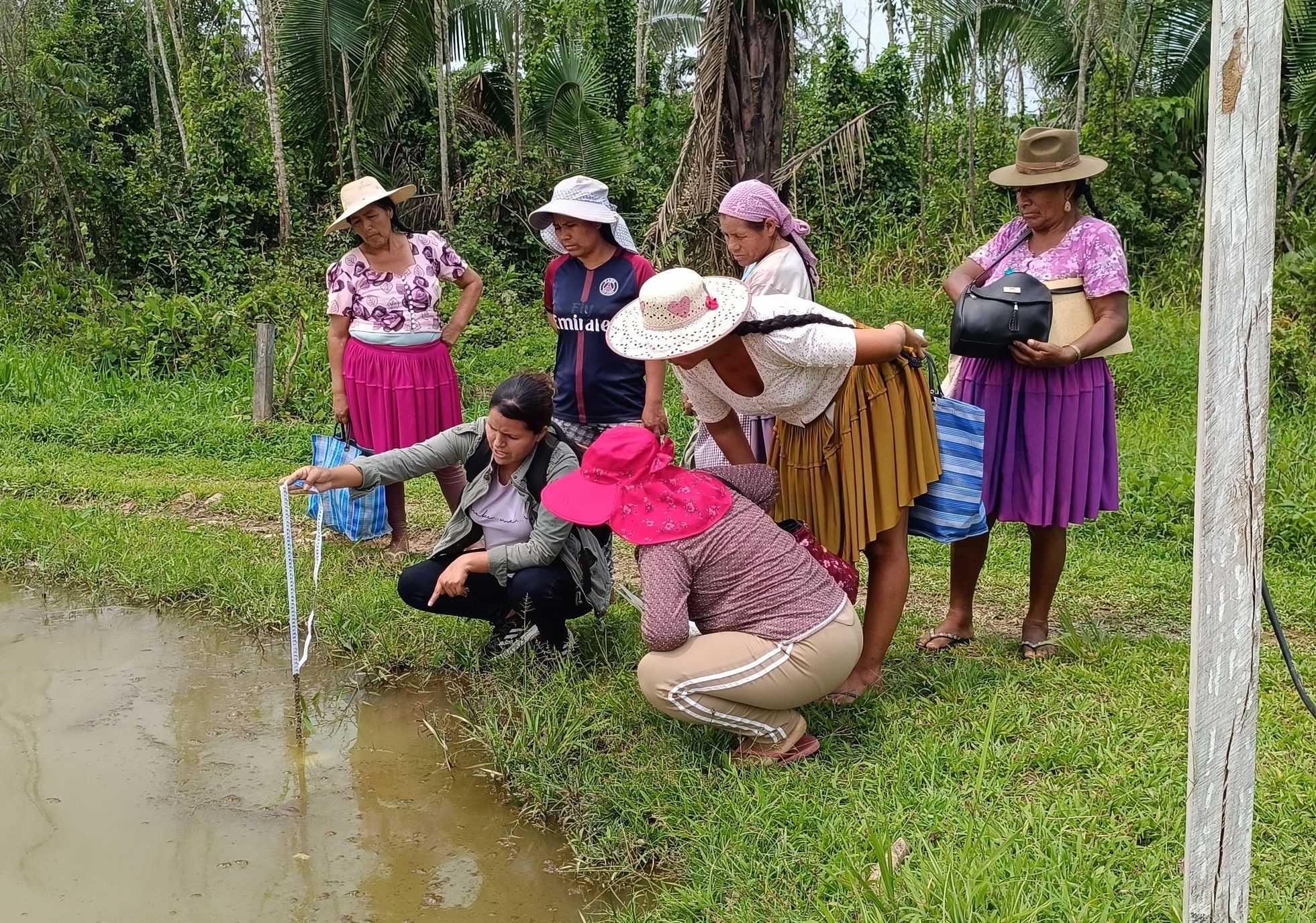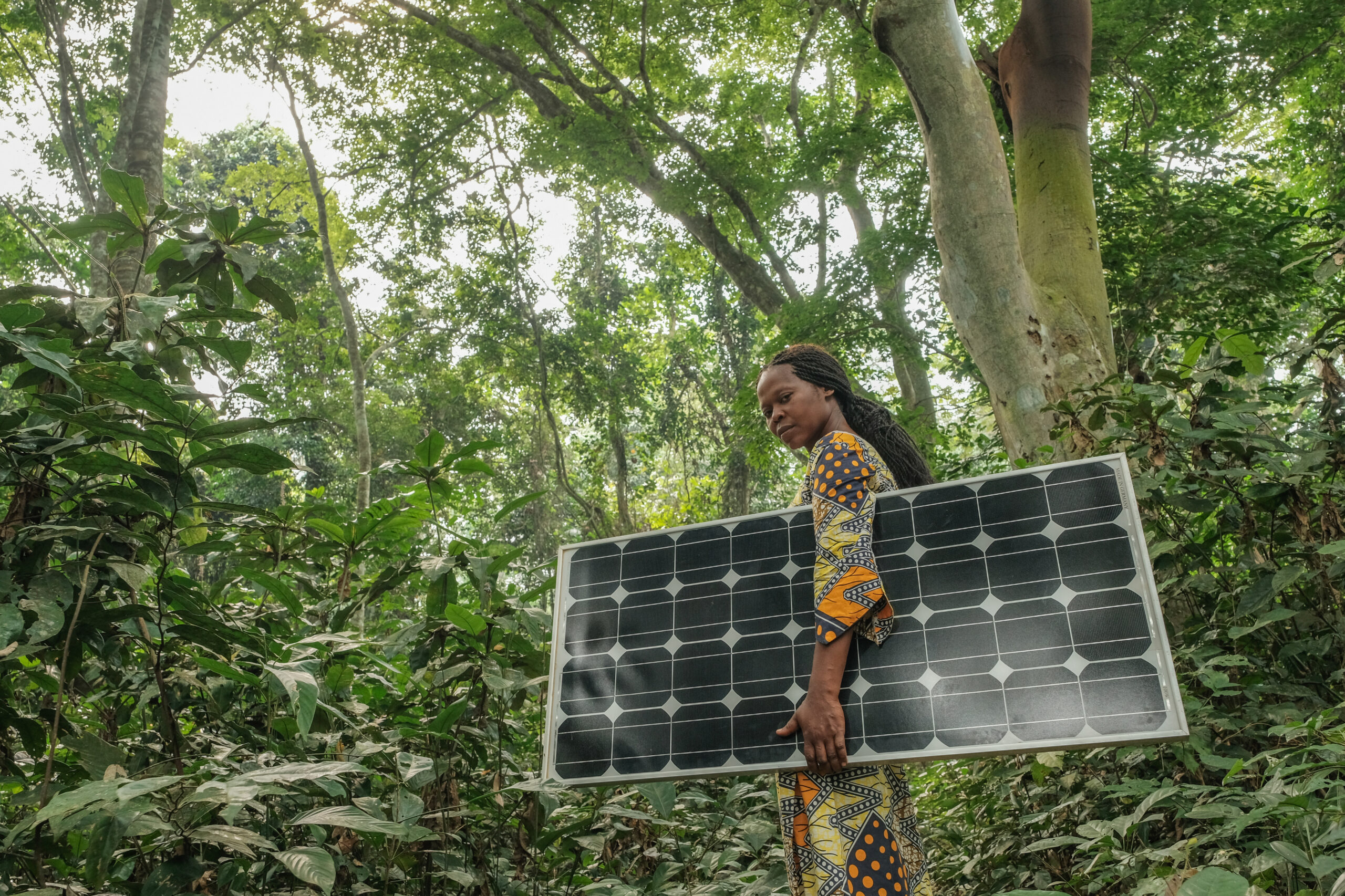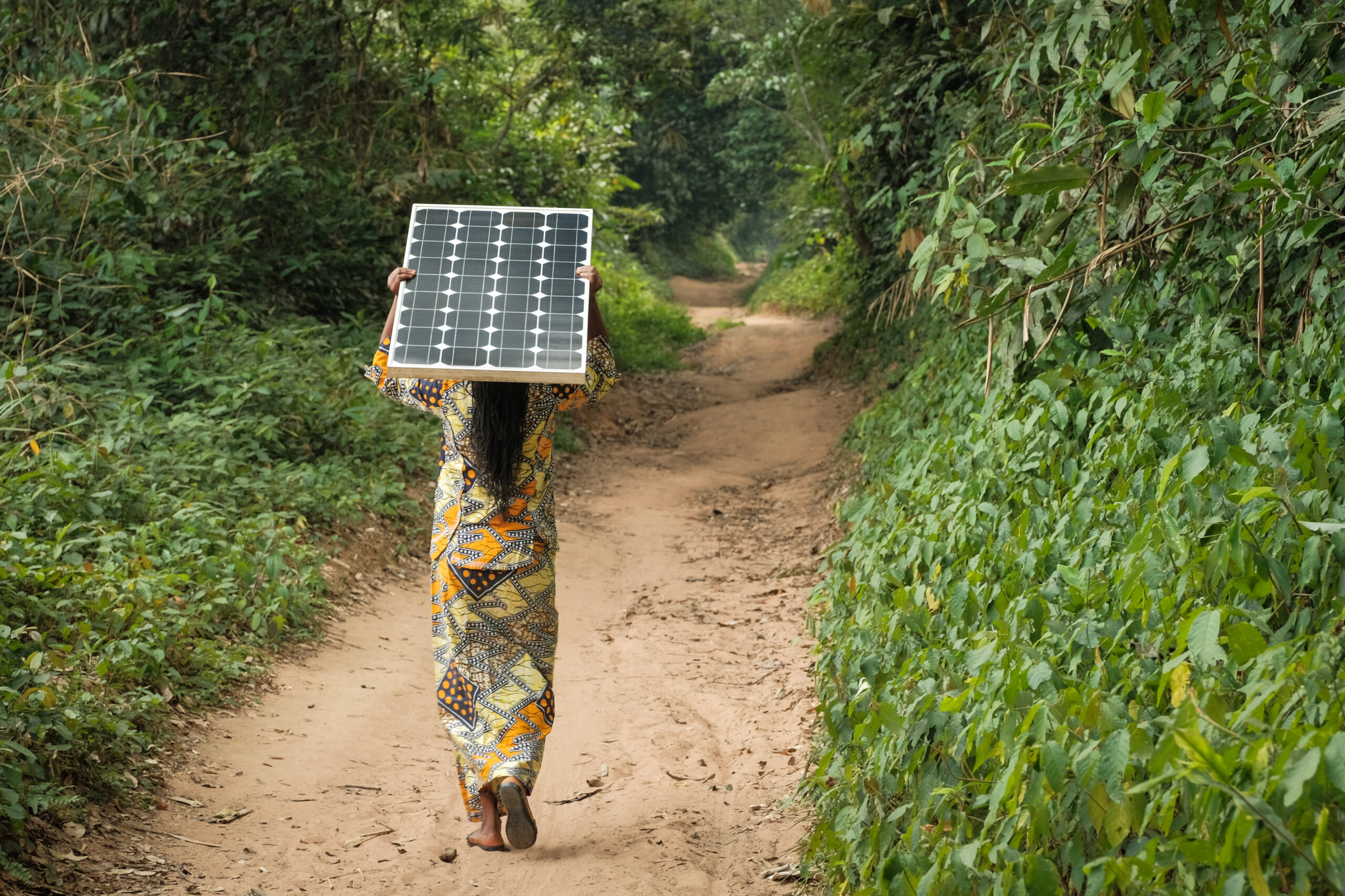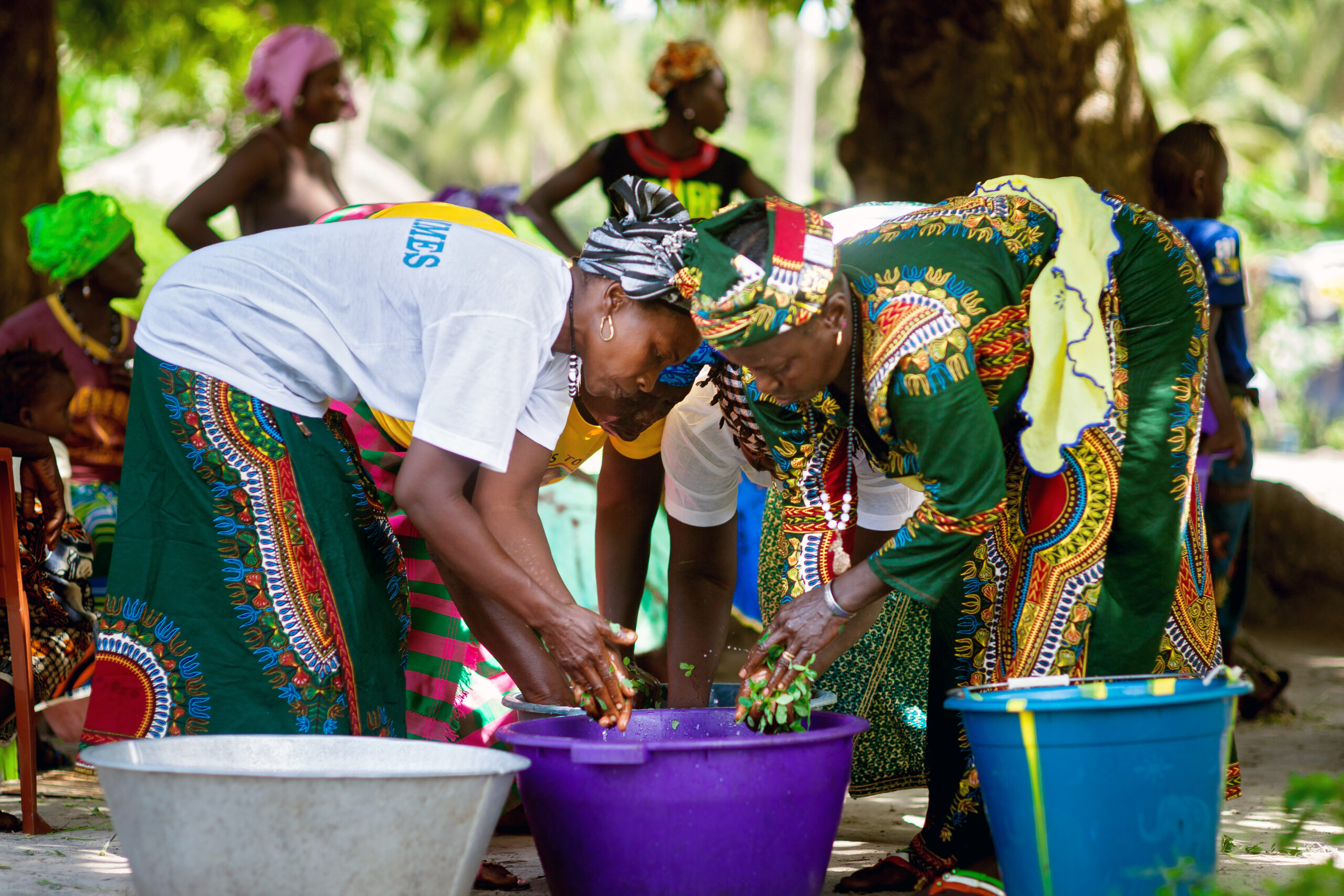
Powering Bolivia: Decentralised Renewables for Economic Growth and a Just Transition
20 November 2024
Powering Bolivia: Decentralised Renewables for Economic Growth and a Just Transition
The GENERIS-Bolivia project aims to develop policy guidelines to promote an energy transition that will strengthen Bolivia’s productive structure, with special emphasis on the role of decentralised renewable energies in the economic performance of micro- ,small- and medium-sized enterprises (MSMEs) and in job creation.
South American countries have made international commitments to energy transition within the framework of the Nationally Determined Contributions (NDCs), posing multiple challenges. These challenges require coordinated actions among national actors to reduce greenhouse gas (GHG) emissions and mitigate their impacts without compromising development. In Bolivia, as in other countries in the region, these challenges arise not only at the macroeconomic level but also at the sectoral level, placing pressure on the energy sector’s ability to meet the conditions necessary for inclusive development.
Bolivia’s Energy Mix
Currently, Bolivia’s energy mix is predominantly composed of fossil fuels: 80% natural gas and 12.9% oil. Yet the country has access to a diverse range of renewable energy sources, particularly solar, in a large part of the national territory. This would allow it to transition to cleaner sources of energy. Thus, the NDCs proposed by the country propose to increase the production of energy from renewable sources in the primary mix. However, natural gas and electricity generated mostly with fossil resources are an essential source of foreign exchange for the country. Between 2019 and 2023, fossil fuels accounted for a quarter of the value of exports. As a result, Bolivia’s macroeconomic stability rests in the short and medium term, at least partially, on an export basket in which fossil fuel commodities are essential.
The energy transition can create opportunities in the domestic market by increasing household and corporate access to high-quality energy while reducing dependence on exportable primary fossil fuels and certain imported fossil derivatives. Currently, 99.2% of urban households and 81.5% of rural households in Bolivia are connected to the power grid. However, in the Beni and Pando districts, rural access drops to 70%, leaving approximately 200,000 families nationwide without reliable electricity service. Among urban micro and small production units in the industrial sector, 98% are connected to the power grid, but only 6% have access to natural gas, with LPG (Liquefied Petroleum Gas) usage (22%) largely offsetting this limitation. In rural areas, while electricity is widely available, access to natural gas and even LPG is even more limited among households and agricultural and forestry production units.
Economic and cultural factors on energy access
However, energy access numbers obscure other energy, economic, and cultural factors that influence the level and way productive units consume energy and, consequently, their economic performance and ability to create quality employment. These factors include power outages, voltage drops, high energy costs, and lack of access to natural gas, among others. These challenges impede the performance of productive units, primarily rural and family-based enterprises, which are crucial for meeting domestic food market demands and preserving Bolivia’s food sovereignty. These enterprises also have the potential to integrate into global agrifood value chains, where environmental sustainability—through green certifications required by developed countries—is becoming increasingly important. Therefore, providing these productive units with access to renewable energy sources and incorporating distributed energy systems could enhance the quality and reliability of energy access, resulting in numerous benefits:
- Reducing energy costs for productive units, improving their productivity, and enhancing the quality of their work.
- Displacing imported products from the domestic market, improving the balance of payments, and reducing the carbon footprint.
- Expanding access to external markets with products of higher added value or quality.
- Strengthening the capacity of the electricity grid in areas with deficient supply
Sustainable development in fish farming
Fish farming is a great example of how adopting Distributed Renewable Energy Access (DREA) systems can support an energy transition aligned with sustainable development goals. These systems can be used by agricultural and forestry productive units, as well as MSMEs that process these resources. River fish farming involves more than 1,500 productive units in Bolivia. Although these units have access to electricity, it is typically provided under a residential tariff structure, as productive activities are integrated into the home. However, this electricity supply comes with high periodic bills when usage is intensive, creating challenges for producer families due to their inconsistent cash flow.
Because of these conditions, gasoline is the primary fuel used by production units to oxygenate the pools, clear weeds from the edges, transport feed, and empty the pools for annual cleaning. However, accessing this can be difficult: its relative price is high and there are monthly quotas limiting the amount that can be purchased. This forces households to endure long lines to obtain it, and even then, the quota often falls short of meeting their productive needs.
In this context, DREA offer a viable solution to generate the electricity required for the various activities involved in fish farming. These systems not only improve the economic performance of production units but also affect the organisation of time for the families managing them by reshaping how time is allocated.
This replicable model highlights the positive impact DREA systems can have on the economic performance of rural MSMEs, the well-being of their members, and their contribution to Bolivia’s energy transition.
blog
Lead Partner
GENERIS
Generis Bolivia is an organisation dedicated to designing and driving a comprehensive strategy for the incorporation of decentralised and inclusive renewable energy systems in Bolivia, with a particular focus on the capacities and operations of small and medium enterprises
Read moreAssociated Project
Decentralised Renewable and Inclusive Energy Systems in Bolivia (GENERIS)
Credit: Formation, Recherche, et Environnement dans la Tshopo (FORETS), Democratic Republic of Congo by Axel Fassio/CIFOR via Flickr, CC BY-NC-ND 2.0 https://flic.kr/p/M4bV7G

T20 Side Event: Powering change: Women, youth, and the clean energy revolution
Thursday 12 June 2025
Watch again In this virtual panel event, we will bring together experts from various regions to address a critical challenge of our time: ensuring that women and youth are not left behind in the global transition to clean energy. Gender equity needs to be at the centre of clean energy policies or women will become […]
Woman carrying a solar pannel near Yangambi, DRC. Axel Fassio/CIFOR via Flickr. CC BY-NC-ND 2.0 https://flic.kr/p/286BAUy

Powering Change: The Critical Role of Women and Youth in Sustainable Energy Transformation
9 April 2025
How do we build economic systems that recognise and work within the biophysical limits of our finite planet while simultaneously reducing poverty and inequality? This has become a defining question of our time, and the global transition to clean energy is increasingly considered an important vehicle via which we might address this ‘trilemma.’ Concerns about […]
Guinea - Rural Women's Cooperative Generates Income and Improves Community Life by UN Women via Flickr. CC BY-NC-ND 2.0 https://flic.kr/p/Pqdj5s

Experts call on G20 leaders not to leave women and children behind in the clean energy transition
17 June 2025
As global challenges in clean energy adoption intensify, a compelling conversation unfolded during a virtual panel event, “Powering Change: Women, Youth, and the Clean Energy Revolution,” bringing to the forefront the urgent need to prioritise gender and youth inclusion in the clean energy transition. This event was hosted as an official side event for the […]

